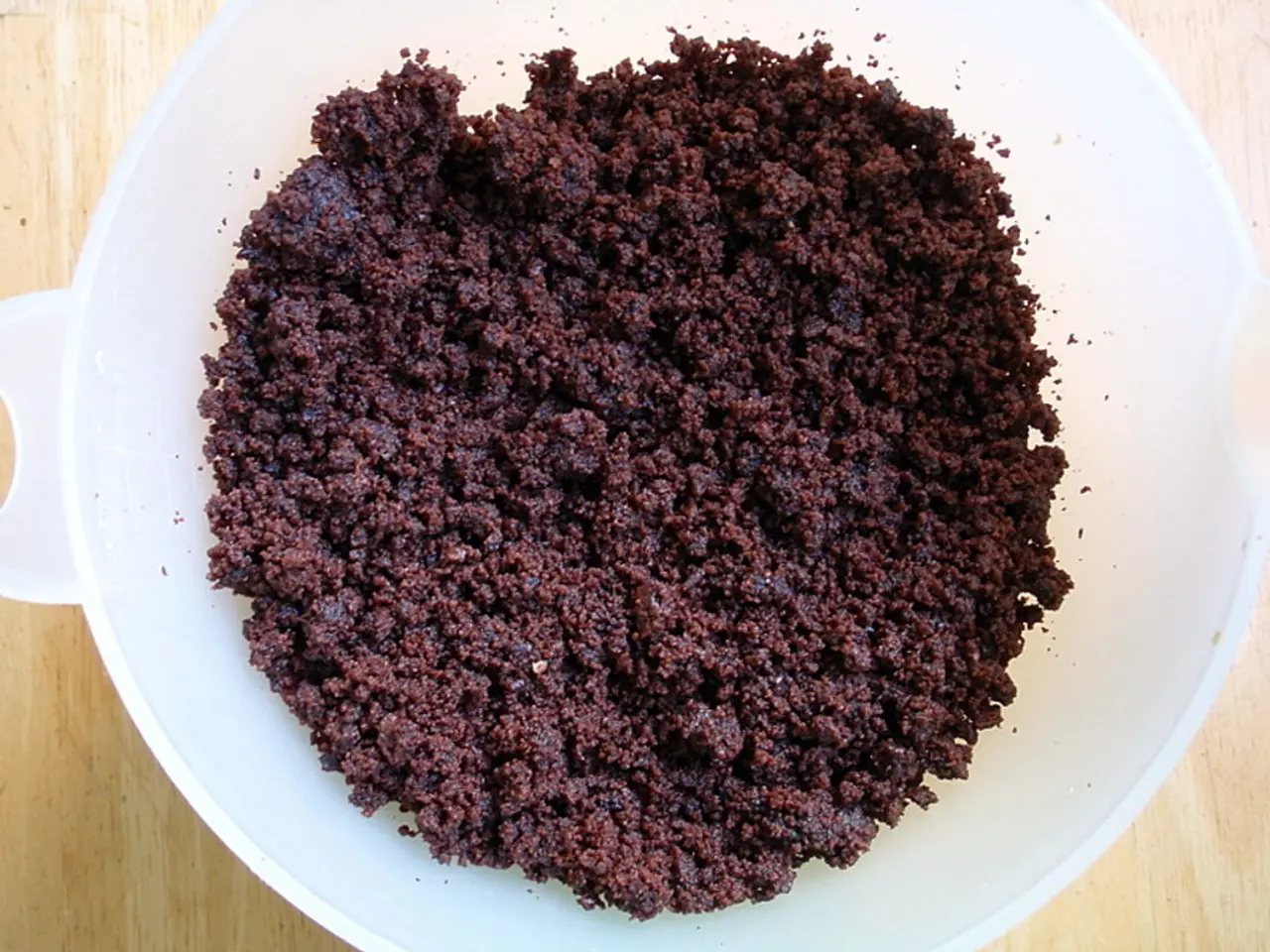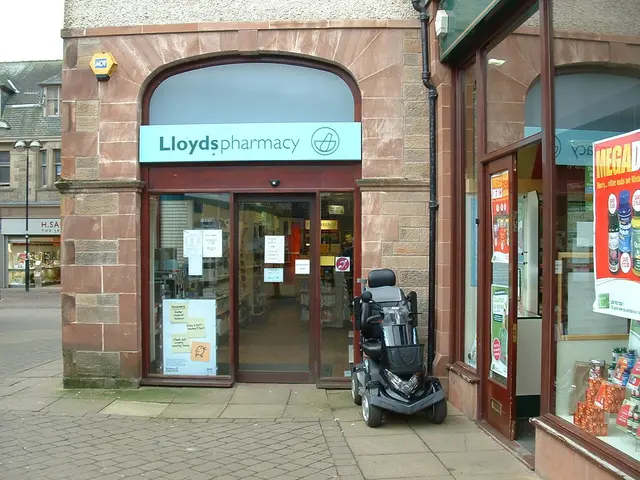Connection and Distinction Between GERD and Gallbladder Ailments: An Examination
In the realm of digestive health, two common conditions often come under scrutiny: Gastroesophageal Reflux Disease (GERD) and gallbladder disease. While they can share some similar symptoms, it's important to understand that there is no direct causal link between these two conditions.
GERD, a condition characterised by acid reflux affecting the esophagus, is typically diagnosed based on symptoms such as heartburn, regurgitation of sour liquid, difficulty swallowing, and nausea. On the other hand, gallbladder disease primarily involves gallstones or inflammation caused by bile duct obstruction.
Both conditions can cause upper abdominal pain, bloating, nausea, and discomfort after eating fatty foods. However, their underlying mechanisms differ significantly. GERD is often caused by a hiatal hernia, where the upper part of the stomach bulges through the diaphragm into the chest cavity, leading to the lower esophageal sphincter not closing properly and allowing digestive juices to rise into the esophagus. Gallbladder disease, on the other hand, occurs when the gallbladder becomes infected, inflamed, or develops gallstones.
Research does not support that having GERD causes gallbladder disease or vice versa. Instead, they may occur independently or be mistaken for each other due to overlapping symptoms. It's worth noting that a small study from 2006 suggested that proton pump inhibitors (PPIs), a common GERD medication, may reduce gallbladder function and increase gallstone formation. However, subsequent research has not consistently supported this association.
Proper diagnosis is crucial, as gallbladder disease can lead to serious complications like cholecystitis (inflammation), bile duct infection, or pancreatitis if left untreated. This is different from GERD management, which primarily focuses on alleviating symptoms through lifestyle changes and medication.
Conditions like diabetes can make differential diagnosis more complex because gallbladder disease symptoms can resemble reflux symptoms. If a person believes they have GERD or gallbladder disease, they should speak with their doctor promptly.
In summary, while similar symptoms can cause diagnostic confusion, current evidence and clinical guidance do not indicate a direct link or causal relationship between GERD and gallbladder disease. It's essential to approach each condition separately for accurate diagnosis and effective treatment.
- The symptom of heartburn, common in GERD, is caused by the acid reflux affecting the esophagus.
- Gallbladder disease is characterized by gallstones or inflammation due to bile duct obstruction, a condition distinct from GERD.
- Science and medical research have yet to establish a direct causal link between GERD and gallbladder disease, despite some shared symptoms.
- The management of GERD focuses on alleviating symptoms through lifestyle changes and medication, whereas the treatment of gallbladder disease aims to address serious complications like cholecystitis, bile duct infection, or pancreatitis.








